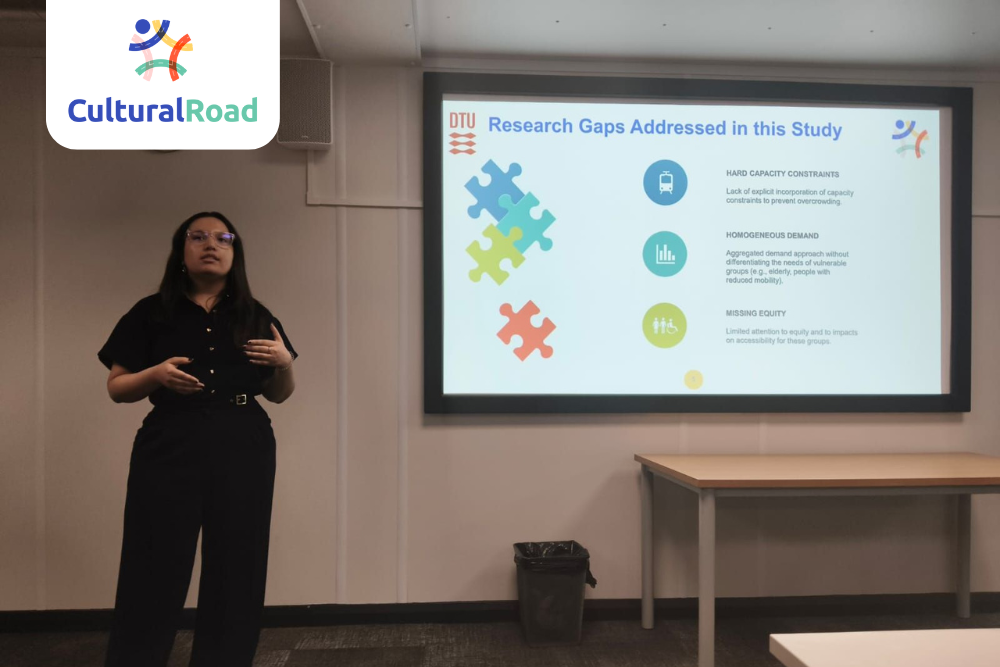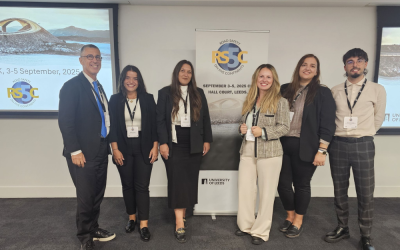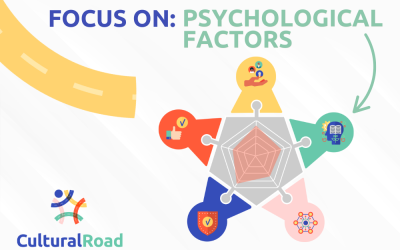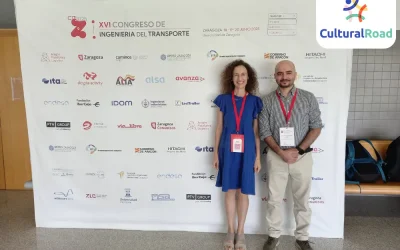CulturalRoad participated in the 27th Annual Conference of the Euro Working Group on Transportation (EWGT 2025), held in Edinburgh, United Kingdom, from 1 to 3 September 2025.
The event brought together experts to discuss how transport systems can deliver reliable and equitable access while addressing challenges such as climate change, public health, and safety. Organised by the Euro Working Group on Transportation, the conference covers operations research, mathematical models, and computational algorithms applied to transport analysis, planning, and operations. The conference represented a perfect opportunity to share knowledge and exchange with experts on new solutions for efficient, sustainable, and equitable transport systems.
Arantxa De La Hoz Morris, from our partner Technical University of Denmark presented a paper titled “Network Optimization for Mixed-Use Transit: Accounting for Vulnerable Users”, co-authored by Yu Jiang, Jesper Ingvardson, and Guido Cantelmo. The paper explores the impact of considering vulnerable users when designing timetables for public transport. Public transport networks in most European cities contain both schedule-based and frequency-based services. However, existing methodologies typically optimise these services separately, leading to suboptimal results. Additionally, public transport is usually optimised only with one type of users in mind, i.e. commuters. In this study, the authors analysed transport equity among heterogeneous passengers, especially accessibility for elderly individuals and people with disabilities, while optimising the timetables and frequencies of public transport services.
Results show that optimising for both classes of users can find solutions that significantly improve the travel experience for the minority demand segment, without a significant increase in the travel cost for regular passengers. These enhancements contribute to advancing research in equitable public transport network optimisation, supporting the idea that it is possible to design efficient transport solutions without compromising equity, nor introducing significant higher costs for the operators.
Stay tuned for the publication of the full paper on our website!



